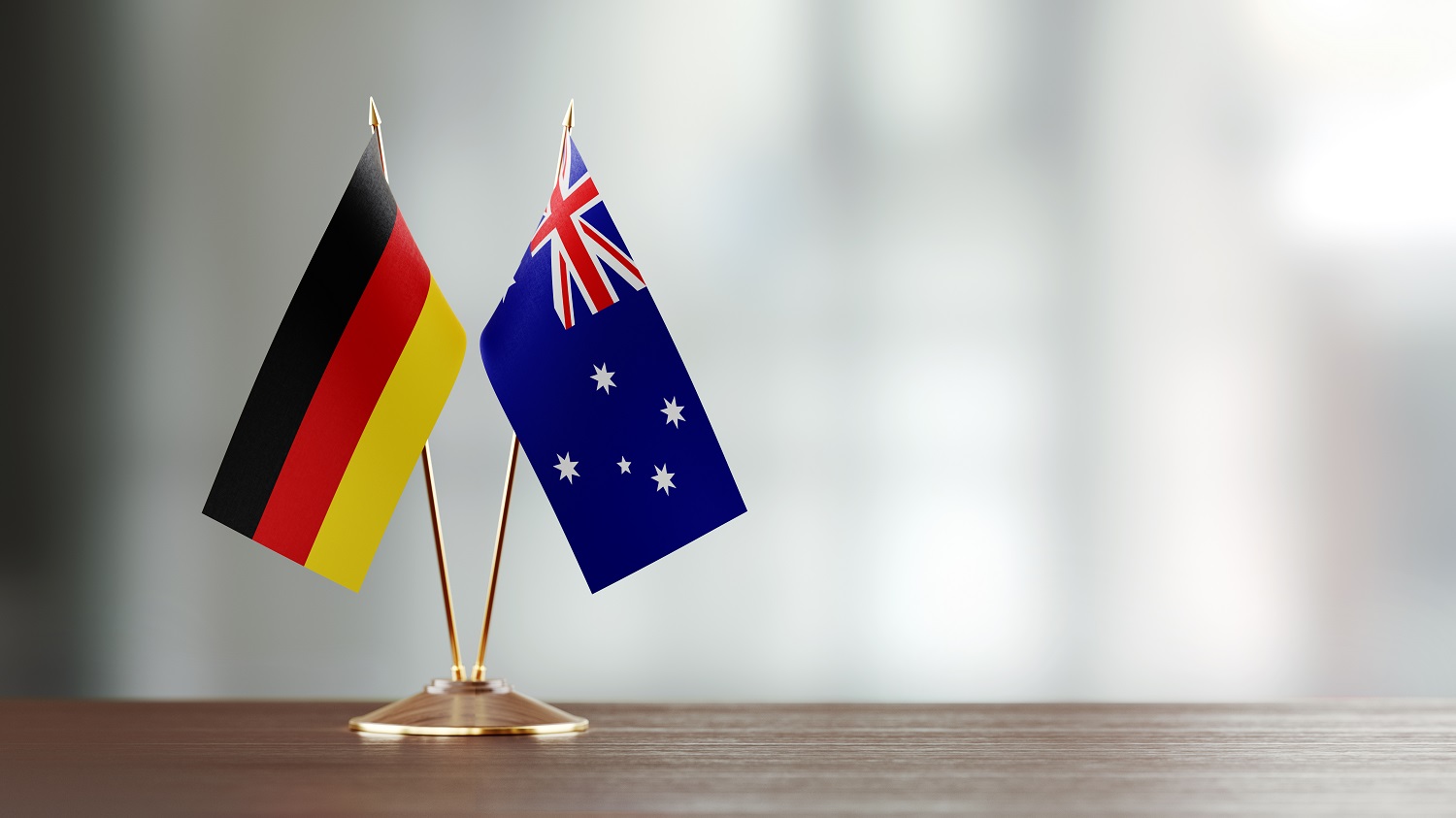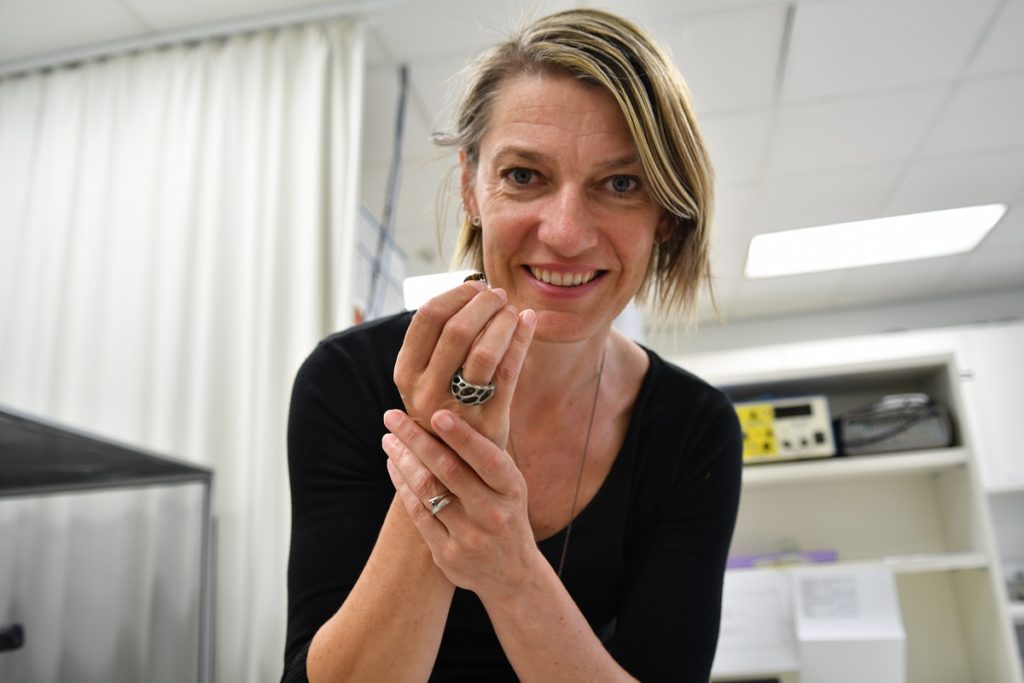
A collaboration between Flinders University and Johannes Gutenberg University Mainz in Germany has received a funding boost thanks to the Australia-Germany Joint Research Cooperation Scheme, an initiative of Universities Australia and the German Academic Exchange Service (DAAD).
The project, led at Flinders by Professor Karin Nordström in the College of Medicine and Health, will explore how fruit flies (Drosophila, a common genetic model) and hoverflies (important pollinators) process motion vision and how that might differ between the two.
Professor Nordström says the funding will allow the project team, including junior researchers, to travel to each other’s labs, learn new techniques and have scientific discussions – something greatly missed during the pandemic.
“The project is in collaboration with Marion Silies, a Professor in Neuroscience in Mainz, whose work has primarily been focused on understanding the peripheral visual processing in Drosophila, and in particular the encoding of ON and OFF contrast changes. Her work has led to ground-breaking discoveries, both in term of techniques and scientific knowledge,” says Professor Nordström.
“On the other hand, I have worked on hoverflies, which have much more impressive visual performance, based largely on their ability to detect and interpret self-generated optic flow. Indeed, I have studied hoverfly motion vision since 2004, and understand the neurons underlying these behaviours really well.
“As such, we will be able to work together, with the Silies group learning how to record from optic flow sensitive neurons and the Nordström group learning how to use calcium imaging techniques to record from peripheral visual processing.”

28 projects will share over $600,000, with the funds committed by the Australian universities and matched by DAAD, Germany’s national agency for the support of international academic cooperation.
“Australia has a relatively small scientific community, and it is vital that we stay in touch with the international community to ensure that our work is relevant and up to date. Indeed, labs in Germany and the US tend to be well funded and have state-of-the art techniques, something that we will benefit from immensely here,” says Professor Nordström.
“I feel privileged to be supported by Universities Australia’s Australia-Germany Joint Research Cooperation Scheme, as it will enable me to provide more development support for the ECRs in my group.
“I am very happy that Professor Silies reached out to collaborate with us on this project, as she’s one of the brightest stars in our field, and I am sure my lab will benefit immensely from her input and feedback.”
The Australia-Germany Joint Research Cooperation Scheme has been running since 2015, awarding more than $15 million in funding to 426 projects.
Funding for the Australian researchers is provided by Australian universities and the cost of administering the scheme is supported by the Department of Education, Skills and Employment.
You can view the entire list 2021 recipients on the Universities Australia website.

